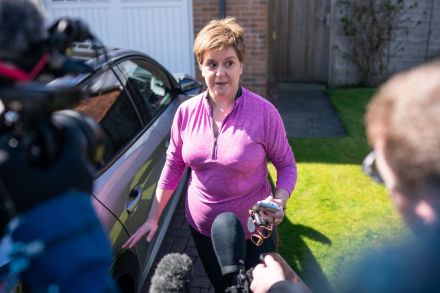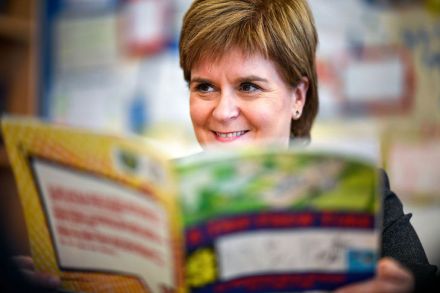Can Humza Yousaf hang on?
Humza Yousaf is facing the biggest crisis of his leadership after the First Minister axed his party’s power-sharing deal with the Scottish Greens. Since that decision on Thursday morning, events have spiralled in a way that few in the SNP believe Yousaf was prepared for. The SNP leader has this morning cancelled a speech he was due to give at Strathclyde University on independence. It comes as reports swirl that he is considering his position. An imminent election is still only a remote prospect As things stand, Yousaf is due to face a vote of no confidence in his leadership next week. In a blow to his standing last night,





















